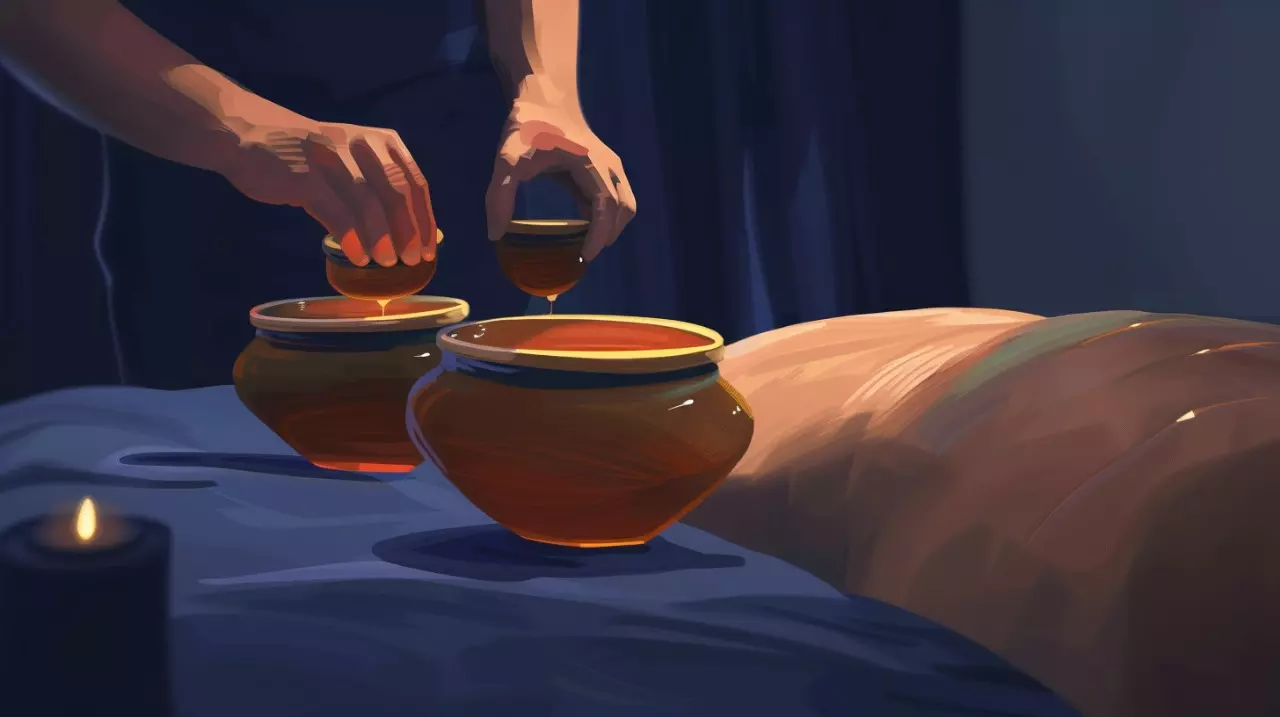Hijama’s popularity soars among people
Sharing her experience with Deccan Chronicle, Sarah Khan, 45, a resident of Old City, said: "After trying Hijama, my back pain is much better. I can move around without discomfort." Similarly, for Rahul, another user, "Hijama therapy” has helped reduce his migraines, feels “more relaxed and less stressed"

Hyderabad: Hijama, the practice of cupping that was popular outside India for centuries, has seen a resurgence, often being used alongside or even in place of modern medicine. Its recent rise in popularity is attributed to its benefits in addressing chronic health conditions, relieving pain, detoxifying the body, and improving circulation.
Patients suffering from chronic pain, migraine, arthritis, and other health issues are increasingly turning to this therapy for relief.
During a Hijama session, the practitioner places cups on the body, either by heating the cups or using a pump to create suction on affected areas such as the back, neck, shoulders, legs or head. This suction draws the skin and underlying tissues into the cup, and is said to increase blood flow to the area.
Each session typically lasts between 10 and 20 minutes. After the session, patients may have circular marks on their skin, which usually fade within a few days.
Hijama has been used for thousands of years across different cultures, including those in China, Egypt, and Islamic medicine. The therapy aims to remove toxins and improve circulation, thereby aiding the body's natural healing processes. "During the process, you can see the blood in the cups," explained therapist Mohammad Ayub Quadri.
"Many people are looking for natural and holistic treatments to complement regular medicine. Hijama is a non-invasive method, and fits well with the modern trend."
Patients who have undergone Hijama therapy report relief from chronic pain, improved mental health, and better overall well-being.
Sharing her experience with Deccan Chronicle, Sarah Khan, 45, a resident of Old City, said: "After trying Hijama, my back pain is much better. I can move around without discomfort." Similarly, for Rahul, another user, "Hijama therapy” has helped reduce his migraines, feels “more relaxed and less stressed."
While Hijama practitioners can be found widely, it's important to seek treatment from certified practitioners who follow proper hygiene and safety methods. Many clinics now offer Hijama therapy as part of their holistic health services, often combining it with other treatments like acupuncture and massage, according to Syed Ismail, director of Hijama Cure Poly Clinic.

